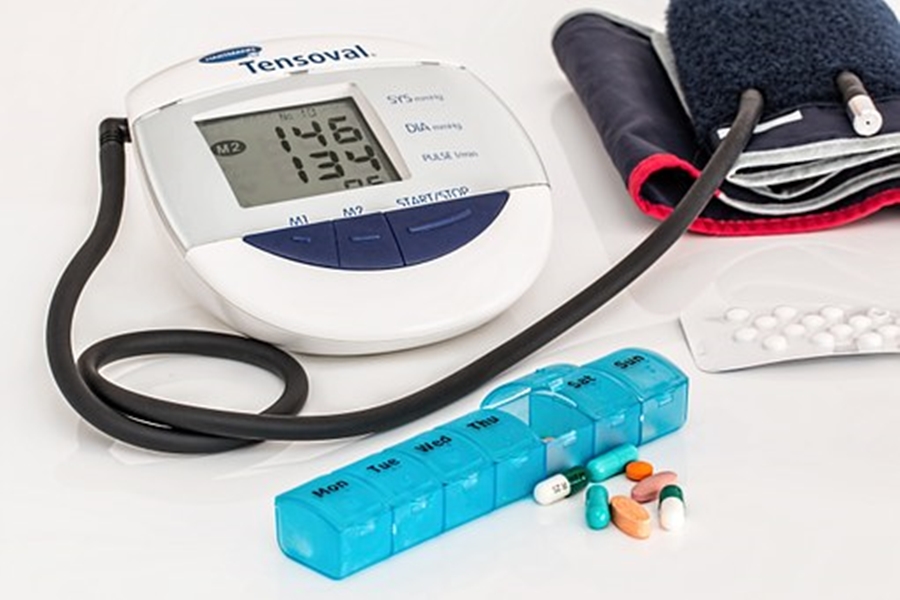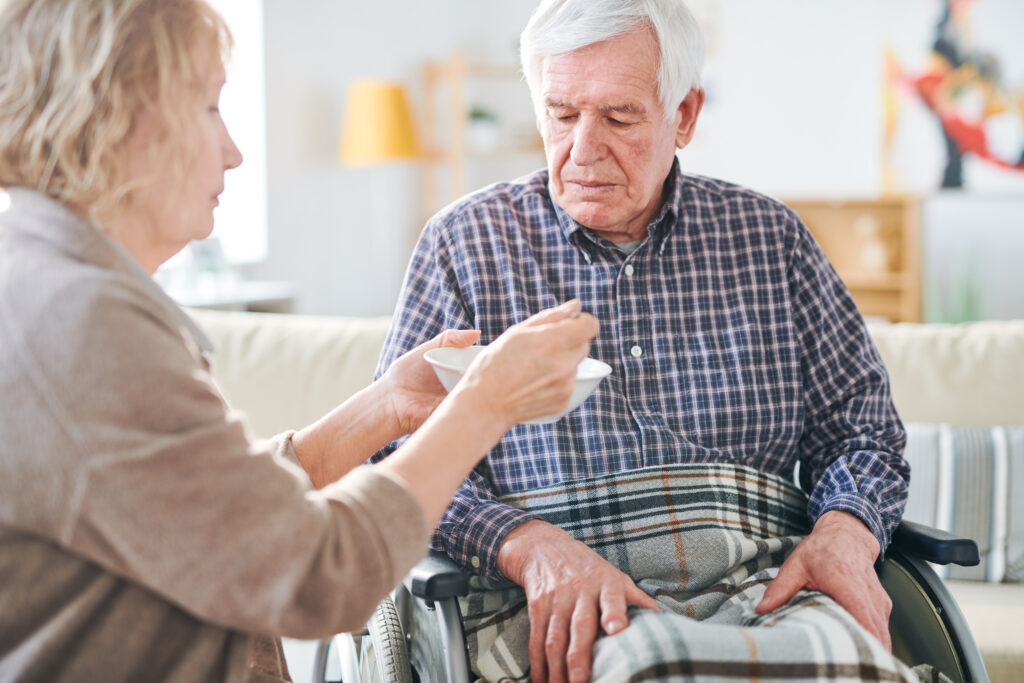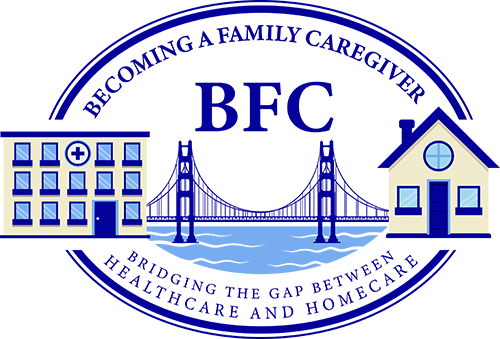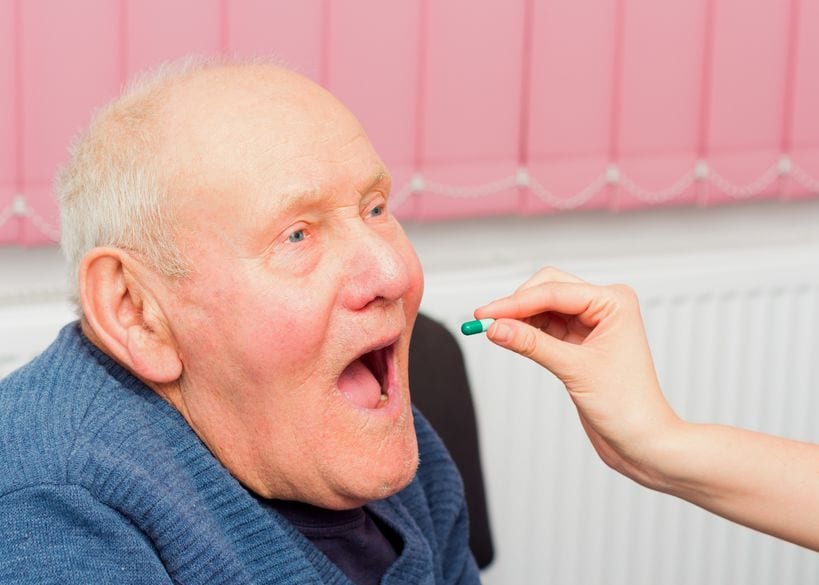
Procedural Skills
As the baby-boomer generation grew up and the X and Y generation entered the scene, the American work culture changed. No longer did new graduates seek out service jobs as they did in the ’60s. Now those graduating from colleges and high schools wanted the excitement of technology—independence, self-scheduling, free-thinking, big money, high-tech, and out-of-the-box thinking—all of which were incapable with most healthcare jobs. As a result, healthcare faced a staffing crisis.
So how did they propose to resolve their dilemma? Discharge patients home sooner and show family members how to provide care. They moved forward with their plan; however, they did not develop the infrastructure to support families. The Procedural Skills service line helps fill in some missing information with instructions, videos, and links demonstrating some of the more common healthcare procedures and “need-to-know” preventive care guidelines necessary for safe and effective care at home.

Caregiver Fundamentals
When providing care to someone, being successful in their recovery requires more than just knowing how to change a dressing or give medication. It also requires that you know warning signs of possible trouble and how to correct them. If you think something is wrong, you need to confirm that what you think is true is correct. Before you make any changes, confirm something is wrong by comparing the current state to normal for that organ/body part. Call your family member’s doctor, remembering to share your family member’s pertinent medical history.
Caregiver Fundamentals provides a series of independent medical topics related to fundamental care areas. In addition, I offer multiple video links from YouTube so you can see the procedures performed by someone.
Learn More

Medical Condition Overview
Sometimes it helps to know more about the medical condition behind the problem. Knowing how the medical condition is different from normal makes symptoms easier to recognize as they develop. Furthermore, once you realize what is wrong and how it differs from normal, you can formulate an action plan to correct the problem. Finally, knowing what to do, what works most often, and what other options might be available if the initial plan doesn’t work gives the caregiver more options to help their family member recover.
Medication Supervision
Probably all caregivers assist with giving medications in some format when they provide care to a family member. On the surface, giving medications seems simple, but it can be deadly if you’re not careful. Giving too much or too little medication can cause serious harm to someone. On the other hand, giving a medication the wrong way can cause it not to work or to work too quickly. Therefore, it is essential to understand what you give, why, how to give it, when, how much to give, and how often.
Furthermore, some medications are highly sensitive and carefully administered. For example, drugs like insulin and heparin act quickly, and small mistakes can have serious consequences. Therefore, caregivers must be alert and pay attention whenever administering medications.

